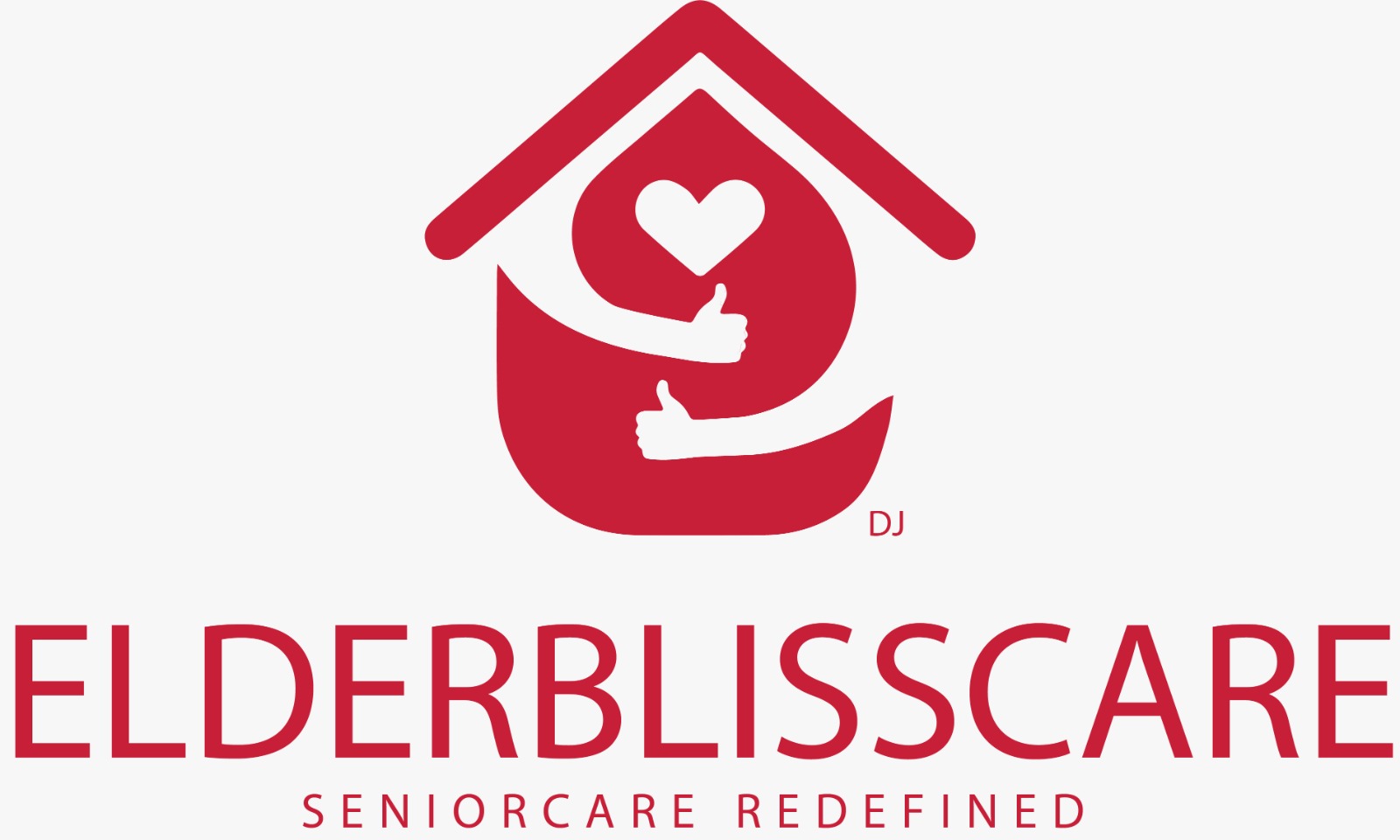Dementia is an umbrella term that encompasses a range of cognitive impairments that interfere with an individual’s ability to perform everyday activities. The early or initial stages of dementia are often subtle, with symptoms developing gradually and sometimes being mistaken for normal aging. However, recognizing these early signs can be crucial for timely diagnosis, treatment, and planning for care. Early intervention can help manage symptoms, slow progression, and improve quality of life.
What is Dementia?
Dementia is not a single disease but a collective term for symptoms associated with a decline in memory, thinking, problem-solving, language, and judgment. Alzheimer’s disease is the most common cause of dementia, but other types include vascular dementia, Lewy body dementia, and frontotemporal dementia.
The initial stages of dementia are characterized by mild cognitive impairments that are noticeable but not severe enough to drastically interfere with daily life. As the condition progresses, symptoms become more pronounced and can significantly affect a person’s ability to live independently.
Early Symptoms of Dementia
The early stages of dementia vary depending on the type of dementia and the individual. However, there are several common signs and symptoms that may indicate the beginning stages of the condition:
1. Memory Loss
- Short-term Memory Impairment: One of the earliest signs of dementia is difficulty remembering recent events or conversations. A person may repeatedly ask the same question or forget appointments and dates.
- Forgetting Names: People with early dementia may forget the names of familiar people or struggle to remember simple details like the names of places or common objects.
2. Difficulty with Routine Tasks
- Handling Daily Activities: In the initial stages, people with dementia may find it harder to complete everyday tasks that were once easy. For example, they may forget how to prepare a meal, struggle to manage finances, or have trouble following a familiar recipe or set of instructions.
- Getting Lost: Individuals may become disoriented in familiar environments, such as forgetting the way to the store or getting lost while driving to a regular location.
3. Language Problems
- Word-Finding Difficulties: Difficulty finding the right words or forgetting common words during conversations is common. People with early dementia might use vague terms or repeat themselves.
- Trouble Understanding Language: Following conversations or understanding written instructions may become more challenging as cognitive decline sets in.
4. Poor Judgment and Decision-Making
- Impaired Judgment: Early dementia may affect a person’s ability to make sound decisions. They might make poor financial decisions, such as giving away money to strangers, or may be more prone to making unsafe decisions.
- Riskier Behaviors: Individuals may display changes in behavior, becoming more impulsive or less aware of personal hygiene or grooming.
5. Mood and Personality Changes
- Increased Anxiety or Depression: People in the early stages of dementia may experience mood swings, anxiety, or depression. They may seem unusually worried, confused, or withdrawn from activities they once enjoyed.
- Irritability or Apathy: A person with early dementia may exhibit more irritability or frustration with themselves and others, often due to a growing awareness of their cognitive struggles. Conversely, they may become apathetic or lose interest in things that were previously important to them.
6. Difficulty with Concentration and Planning
- Problems with Focus: Dementia can impact the ability to concentrate and focus on tasks. The person may struggle to organize their thoughts or follow through with tasks.
- Challenges with Planning: Making plans or carrying out complex tasks can become difficult. A person may forget what they were doing in the middle of an activity or become confused when attempting to manage multiple steps.
Cognitive Testing and Diagnosis
The initial stages of dementia can often be mistaken for normal age-related memory loss or the stress of daily life. Therefore, early diagnosis can sometimes be challenging. If you or a loved one notice the symptoms described above, it’s important to seek a medical evaluation.
A doctor may conduct several tests to rule out other conditions and confirm a diagnosis of dementia, including:
- Medical History Review: Understanding the individual’s overall health and any family history of dementia or other cognitive conditions.
- Cognitive and Neuropsychological Testing: These tests assess memory, attention, problem-solving, and language abilities. They help determine whether the cognitive decline is consistent with dementia.
- Brain Imaging: MRI or CT scans can help identify changes in the brain that may indicate the early stages of dementia, such as shrinking of certain areas of the brain.
- Blood Tests: To rule out other conditions like thyroid issues or vitamin deficiencies that may cause cognitive problems similar to dementia.
What Causes the Early Stages of Dementia?
Dementia results from physical changes in the brain, often involving the buildup of abnormal proteins, damage to nerve cells, or decreased blood flow to the brain. The underlying causes can vary:
- Alzheimer’s Disease: The most common cause of dementia, Alzheimer’s disease is characterized by the accumulation of beta-amyloid plaques and tau tangles in the brain, leading to cell death and cognitive decline.
- Vascular Dementia: Caused by reduced blood flow to the brain, often due to strokes or small vessel disease, this type of dementia can affect memory, decision-making, and mood.
- Lewy Body Dementia: Characterized by abnormal protein deposits in the brain, this type of dementia can cause hallucinations, tremors, and changes in movement.
- Frontotemporal Dementia: This type typically affects the frontal and temporal lobes of the brain and can lead to changes in personality, behavior, and language.
Managing the Initial Stages of Dementia
While there is currently no cure for dementia, early detection and intervention can help manage symptoms and improve the quality of life for both the individual and their caregivers. Some approaches to managing the early stages of dementia include:
Cognitive and Behavioral Therapy:
- Engaging in activities that stimulate the brain, such as puzzles, reading, or memory exercises, can help maintain cognitive function. Behavioral therapy can also help address mood changes, anxiety, or depression.
Medication:
- In some cases, medications like cholinesterase inhibitors (donepezil, rivastigmine) may be prescribed to help with memory and cognitive symptoms in Alzheimer’s disease. Medications to manage mood, anxiety, or sleep disturbances may also be used.
Lifestyle Changes:
- Maintaining a healthy lifestyle with regular physical exercise, a balanced diet, and adequate sleep can support cognitive health. Social engagement and maintaining an active, structured routine can also benefit individuals in the early stages of dementia.
Support for Caregivers:
- Family members and caregivers should seek support from medical professionals, support groups, or counseling to manage the emotional and practical challenges of caring for a loved one with dementia.
The initial stages of dementia are often marked by mild cognitive impairment that can be difficult to distinguish from normal aging. However, recognizing the signs early and seeking medical attention can make a significant difference in managing the condition. With proper care, medication, and support, individuals with early dementia can maintain a good quality of life for a longer period and adjust to the challenges that come with cognitive decline. If you or a loved one is experiencing symptoms that suggest early dementia, seeking a professional evaluation is the first step toward getting the right care and support.



